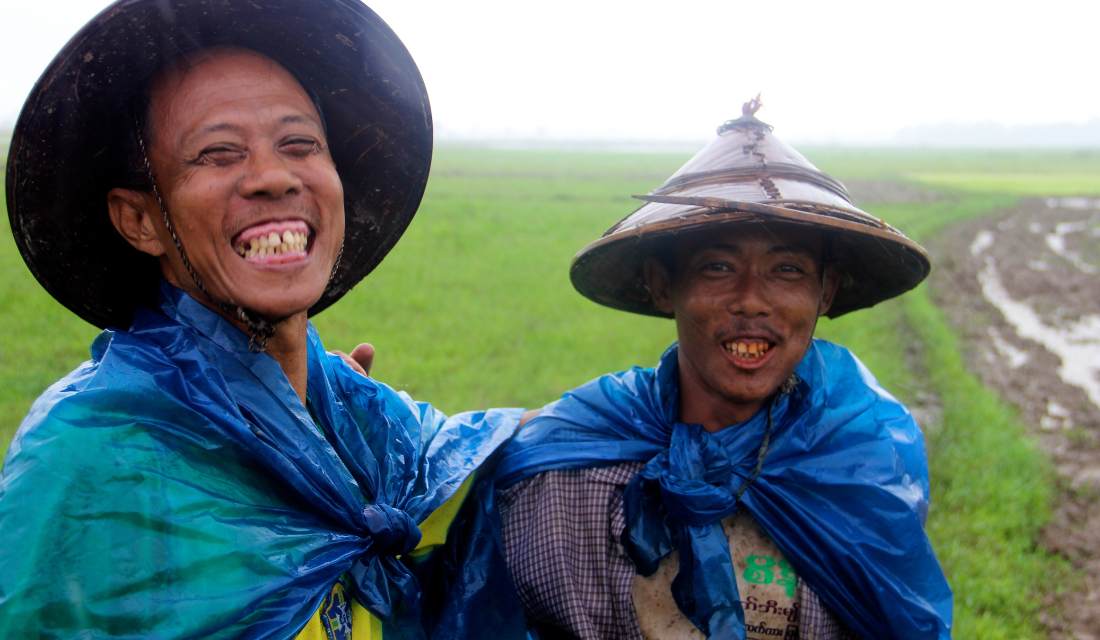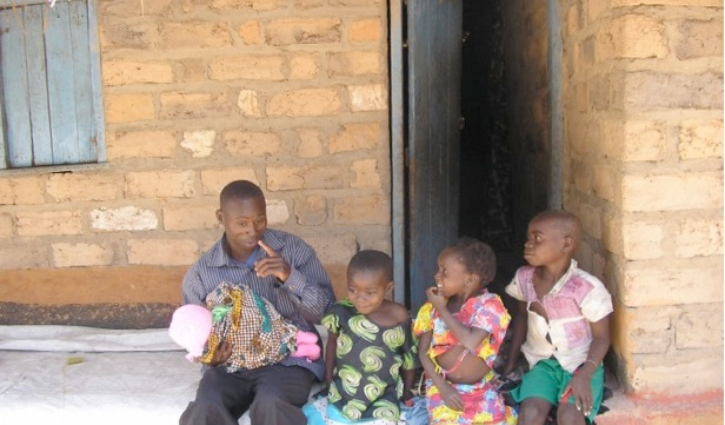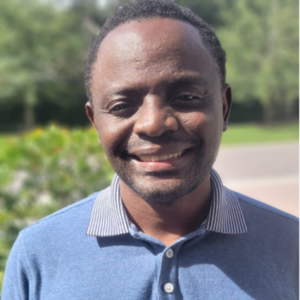Change Begins with Us: Parenting for a World of Dignity for All

By Ernest Cajuste, Senior Program Officer, Trauma & Violence Prevention
The other evening, my 13-year-old son asked me a question about fairness in the world after reading about one of the current global crises. His younger brother, now 11, quickly jumped in with his own opinion. Their conversation was thoughtful, passionate, and full of conviction. I just sat there, struck by how quickly they are growing into young men—asking harder questions, forming stronger opinions and noticing more about the world around them.
Parenting at this stage is both humbling and inspiring. There is pride in watching their curiosity and compassion grow, and responsibility in knowing that the values I model today will shape the choices they carry into adulthood. Of course, not every moment is profound—sometimes it’s just me struggling to keep up with their math homework, secretly double-checking formulas before I can help. Those small moments remind me that parenting is as much about humility as it is about guidance.
I often ask myself what it really means to be a role model. Am I showing them that strength is not diminished by empathy? That leadership is grounded in fairness and listening? That respect begins at home, in how we treat one another? My wife and I share household responsibilities equally, and I know they learn more from observing that balance than from anything I could ever explain in words.

These years are formative. As my sons test boundaries and shape their identities, my greatest hope is that they internalize the lesson that compassion and vulnerability are signs of confidence, not weakness. I want them to understand that equal dignity for all is not just a matter of justice for women and girls, but a foundation for healthier relationships, stronger communities, and a more peaceful world.
Over time, I’ve realized that good parenting isn’t about having all the answers. It’s about being consistently present, honest, and fair. It’s about modeling dignity and empathy so that children grow up with the tools to respect themselves and others.
This personal journey is deeply connected to my work alongside our partners in communities around the world. I have seen the power of inviting men to reflect on the same questions I wrestle with as a father. When men take on caregiving roles, share household responsibilities, or challenge harmful norms, they don’t just strengthen their own families—they help create communities where everyone feels safer, valued, and heard. These everyday choices ripple outward, opening the door for broader change.
Today, I am more focused than ever on helping my sons grow into young men who treat all people with respect, live with integrity, and embrace equality as a guiding principle. And in doing so, I am reminded of something simple yet profound: change begins with us—through the lessons we teach at home, in the way we love and lead—and those lessons extend far beyond our walls, shaping the kind of communities and world our children will inherit.
 |
Ernest Cajuste is the Senior Program Officer, Trauma & Violence Prevention, Global Programs at Episcopal Relief & Development, |


